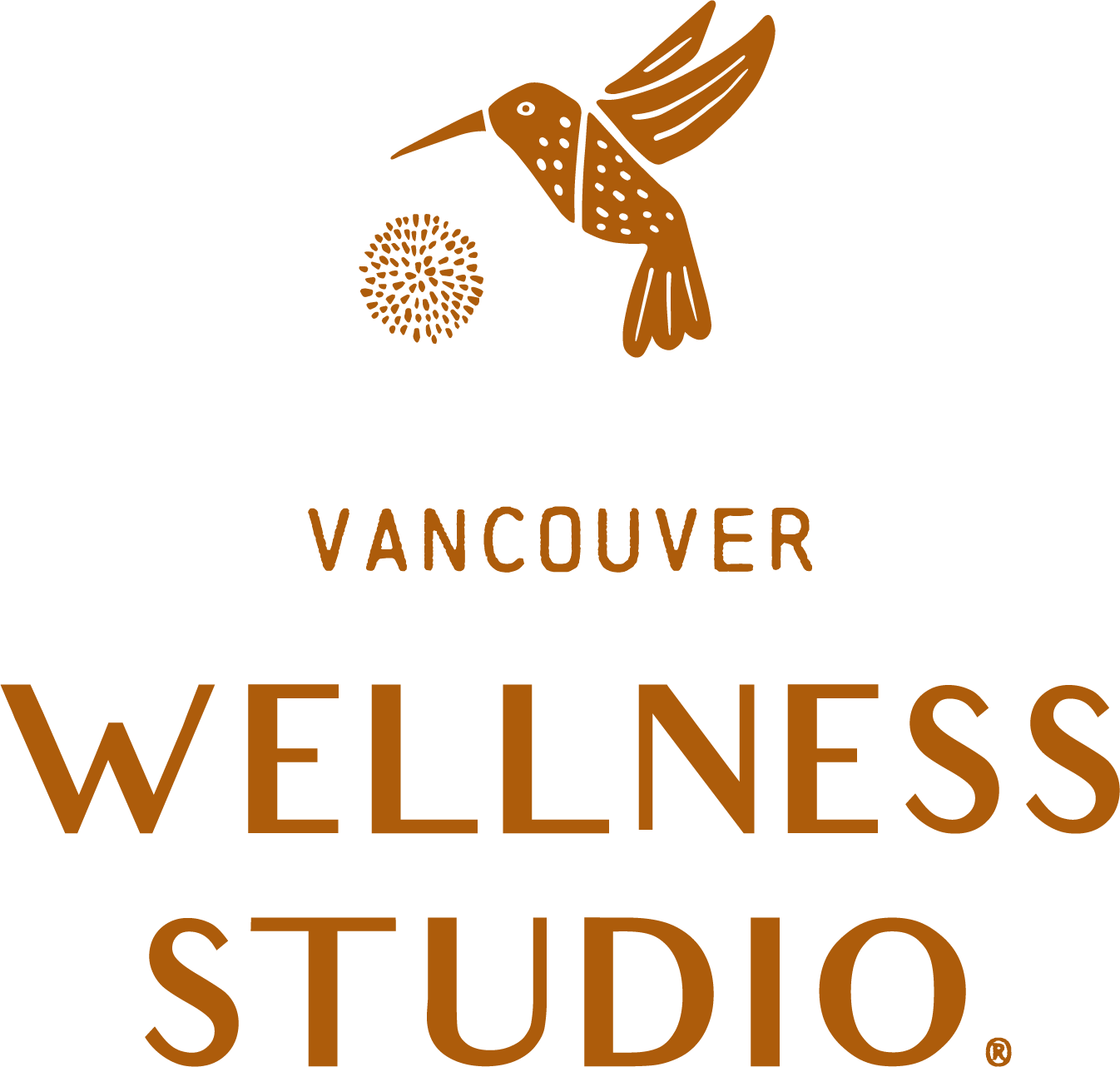GOING INTO WINTER: CHINESE MEDICINE TIPS
As Wu Tang once said, “You best protect your neck,” and they were right! Chinese Medicine views the “nape,” or the back of the neck, as a pivotal point in which external pathogens such as Cold and Wind invade the body. We view Wind and/or Cold-Invasion as one of the main reasons and causes for illnesses such as the common cold and flu. With the cold really settling in and as we enter the winter season, make sure to keep your neck covered and protected. This can be done with a scarf or high neck collar and help prevent you and your family from developing colds. The same is said for your extremities such as your head, hands, and feet - keep all of these parts covered and warm as they are more susceptible to getting cold themselves and allowing for Cold and Wind to enter and fester in the body.
Another helpful tip in preventing or treating flus and colds is to sip on warm water instead of cold. Now is the time to put away your smoothie machine and to break out warm or hot drinks such as teas in lieu of the iced beverages. If you need to keep having smoothies, add ginger and/or cinnamon to them! The warming and moving energy of ginger helps to offset the excessive cold that smoothies inherently have. Chinese Medicine views cold as constricting and stagnating, which are elements that create pain, dysfunction, and undesired outcomes in the body. When it is already cold in our environment and surroundings, we don’t want to make our bodies even colder. Ginger is also known to have warming properties that help negate any lingering Damp energy from the summer months that we don’t want to have in the winter months, as well as tonify (or strengthen) your body’s Yang energy and Qi. Ginger can be too warming for some people with an abundance of Yang, or warm energy, so avoid adding too much if that applies to you, but 3 grams or about ½ inch of fresh ginger is a safe and effective dose for even those with excess Yang constitutions (body types). Simply slice up some fresh ginger or use dried ginger powder to add into your drinks. Cinnamon can also add not only warming energy but moving forces that promote Blood and Qi circulation to reduce bloating, help dispel stagnation, and regulate the nervous system. A healthy dose of cinnamon would be about 3 grams, so add at least ¼ teaspoon to each drink! Some of my patients will leave their smoothies out on the counter after making them to lower it down to room temperature before consuming them, and that would be preferred if you need your smoothies year round.
The same is said for food as well - no more salads! Or at least keep them to a bare minimum. Steamed, blanched, or stir fried veggies are much more appropriate during the colder months. It’s also easier on your digestive system when you avoid consuming raw vegetables. This plays into why Chinese Medicine views raw vegetables as cold - it takes more energy to digest and therefore depletes our precious Yang (or warming) energy. The next couple of months should rightfully be soup season, so break out the slow/pressure cookers, and bundle up!
Acupuncture and herbs have been instrumental tools for thousands of years in naturally helping people through many issues, including winter ailments. There are specific acupuncture points that bolster your defense system and strengthen your immunity that we can activate, and teach you how to best protect yourself at home, too. If you’re feeling like you may be developing a cold, or just want a tune up to prevent this discomfort, now is the perfect time to come in for an acupuncture treatment to help nip it in the bud! We offer complimentary 15-minute consultations if you have any questions about acupuncture or herbs, or about how Chinese Medicine can help you and/or your family.

